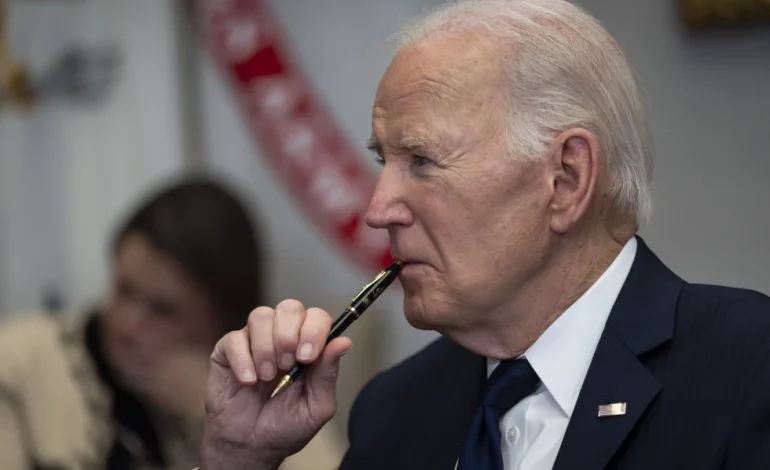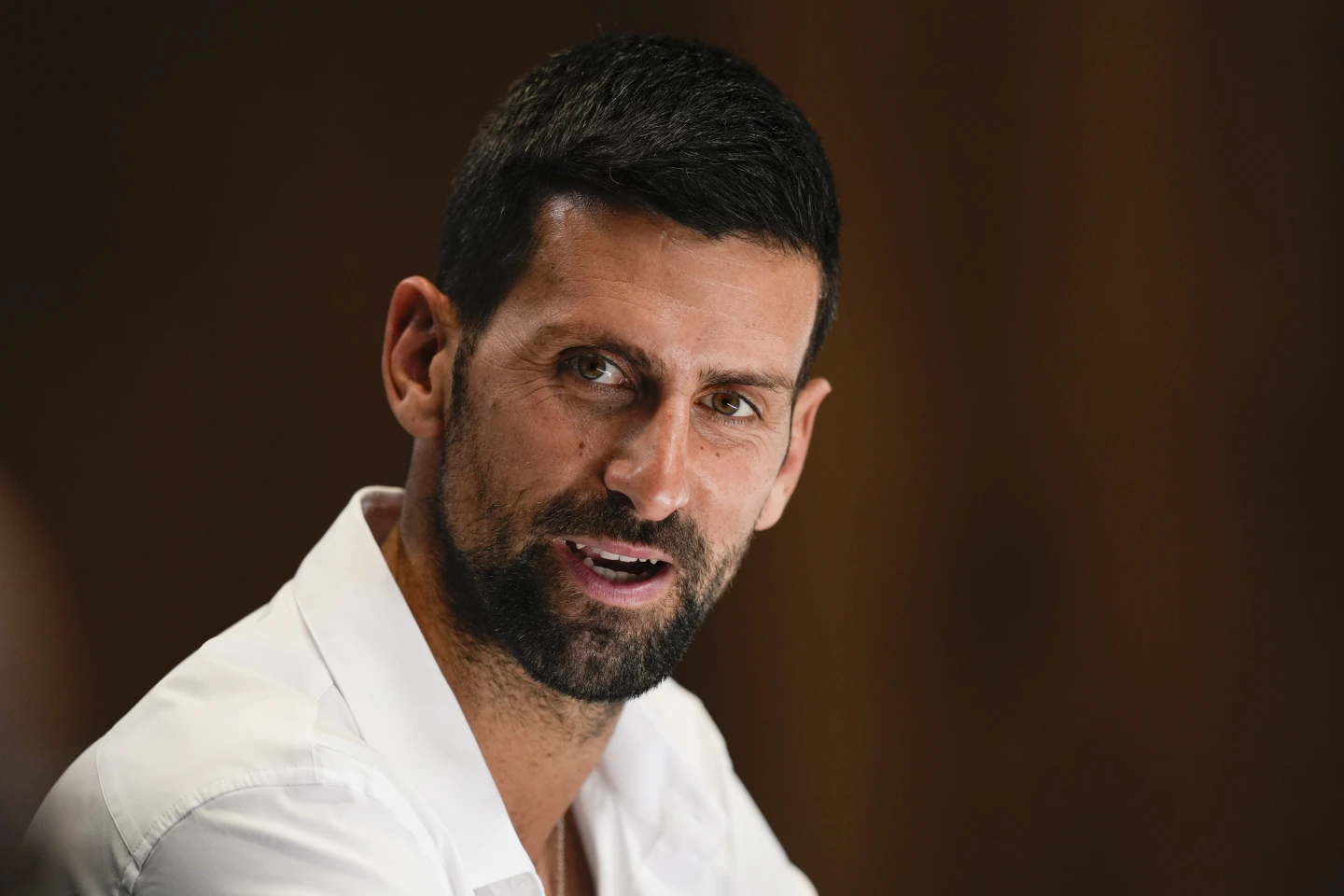Biden’s Foreign Policy Swan Song: Defense of Agenda Under Fire

As President Joe Biden prepares to deliver a capstone foreign policy address at the State Department on Monday, he faces the daunting task of defending a legacy increasingly questioned both at home and abroad, The Associated Press reports.
The speech, a bookend to his first major address at the same location in 2021, comes as his administration’s approach to global affairs faces growing scrutiny.
President Biden is expected to tout achievements such as NATO expansion and the controversy around the substantial aid to Ukraine, as well as a fragile agreement between Japan and South Korea. However, these actions have been criticized for their financial strain on the American taxpayer and for potentially escalating global tensions rather than mitigating them. While Biden’s team insists on the significance of his administration’s efforts, critics argue that the results have been costly and the long-term benefits uncertain.
Biden’s initial 2021 speech at the State Department was intended to signal a return to traditional global leadership after President Donald Trump’s “America First” approach. Yet, as he prepares to hand over the reins of power to Trump once more, it’s clear that the American people are re-evaluating what that leadership should look like.
President-elect Trump is poised to enact a dramatic shift in US foreign policy, vowing to prioritize American interests above all else. He has openly criticized the financial burden of supporting Ukraine, questioning whether the costly aid has been effective. Trump has also challenged NATO’s current spending structures and has stressed the need for the allies to shoulder more of the financial load for their own defense.
Furthermore, Trump’s focus on vital American national security interests, even if unconventional, is generating support from those who believe that the United States has been shouldering too much of the world’s burdens for too long. He has gone so far as to suggest the potential for using military force, if necessary, to secure American control of the Panama Canal and Greenland, a stance his supporters see as a firm approach to preserving the country’s core interests.








